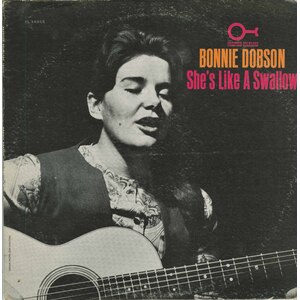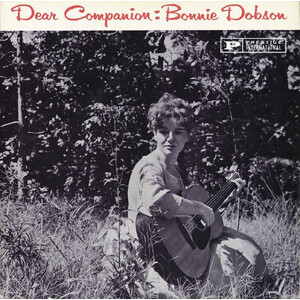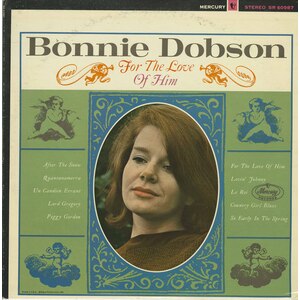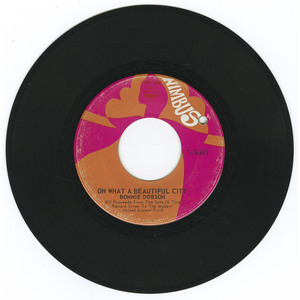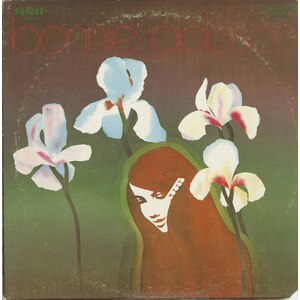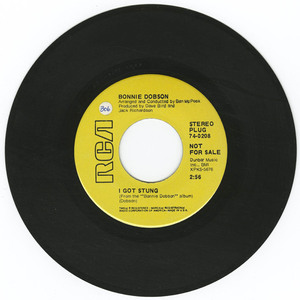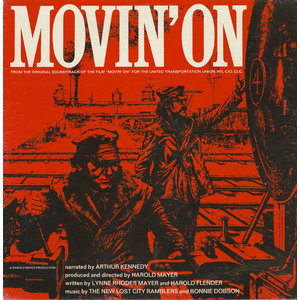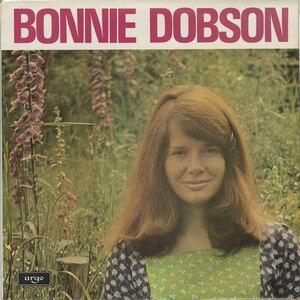Dobson, Bonnie
Websites:
No
Origin:
Toronto, Ontario, 🇨🇦
Biography:
Canadian Folk Singer, Songwriter, Educator
Born: November 13, 1940 – Toronto, Ontario
Bonnie Dobson stands as one of Canada’s most significant yet underappreciated voices of the 1960s folk revival—a singer-songwriter whose haunting ballads, political sensitivity, and luminous soprano placed her at the heart of a turbulent era. Best known for her apocalyptic lament “Morning Dew,” Dobson’s career bridges continents, musical traditions, and social movements, earning her a place in the canon of global folk music and a belated but well-deserved recognition as a pioneer of Canadian songwriting.
Raised in a politically engaged household in Toronto, Dobson was immersed from an early age in both progressive politics and classical music. Her father, a trade unionist with a deep love of opera, helped shape her worldview, while her older sister introduced her to the power of folk song through connections with The Travellers—Canada’s answer to The Weavers. Summers spent at camps in Ontario and Quebec brought Dobson face-to-face with the likes of Pete Seeger and Leon Bibb, formative encounters that inspired her to pursue folk music as more than just a hobby.
While studying English literature at the University of Toronto, Dobson’s talent was noticed by folk promoter Marty Bochner, who helped launch her professional career. She soon found herself opening for blues legends Sonny Terry and Brownie McGhee and quickly became a fixture on the burgeoning folk circuits in Los Angeles and New York, performing at iconic venues such as the Ash Grove and Gerde’s Folk City.
It was at Gerde’s in 1961 that Dobson first performed her most enduring song, Morning Dew, written after watching Stanley Kramer’s nuclear war drama On the Beach. The song’s chilling premise—a dialogue between two survivors after an unnamed catastrophe—resonated deeply in a world shadowed by the Cold War. Her 1962 recording of the song on Bonnie Dobson at Folk City introduced listeners to a minimalist but devastating narrative, carried by her plaintive voice and fingerpicked guitar.
Though Morning Dew became a folk standard, later electrified by Fred Neil and Tim Rose and famously covered by the Grateful Dead, Led Zeppelin’s Robert Plant, and others, Dobson endured decades of struggle for proper credit. Rose's 1967 version controversially claimed co-authorship, a claim Dobson vociferously denied. It wasn't until 1998 that Dobson was officially restored as the sole composer—a bittersweet vindication for one of the era’s most iconic protest songs.
Dobson’s recorded output throughout the 1960s and early 1970s reflected the breadth of her artistry. Albums like Dear Companion (1962), Hootenanny With Bonnie Dobson (1963), and Good Morning Rain (1970) showcased her crystal-clear tone, narrative songwriting, and sensitive interpretations of traditional material. Her work balanced the gentle intimacy of Appalachian balladry with the moral urgency of contemporary folk, quietly yet powerfully advancing the voice of women in a male-dominated scene.
In 1969, Dobson relocated to London, England, eventually stepping away from performance to pursue a career in academia. For over two decades, she served as an administrator in the Philosophy Department at Birkbeck College, University of London. During this time, her music fell into relative obscurity—a fate not uncommon for female artists of her era.
Yet Dobson’s story did not end there. Spurred by renewed interest in her work in the 2000s, she returned to the stage in 2007 after a 35-year hiatus, performing in London alongside younger admirers like Pulp’s Jarvis Cocker. Her 2014 comeback album Take Me for a Walk in the Morning Dew offered re-recorded classics and new songs alike, confirming her continued vitality and relevance.
In 2018, Bonnie Dobson was formally inducted into the Canadian Songwriters Hall of Fame for Morning Dew, sealing her legacy as a writer of enduring vision and cultural impact. Today, her work resonates not only as a poignant artifact of a fraught era, but as a living reminder of the power of song to ask uncomfortable questions, to stir compassion, and to envision new futures.
-Robert Williston

